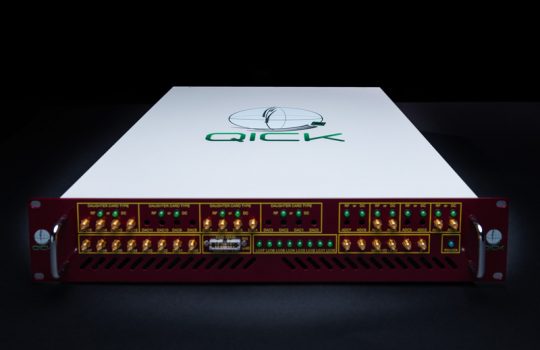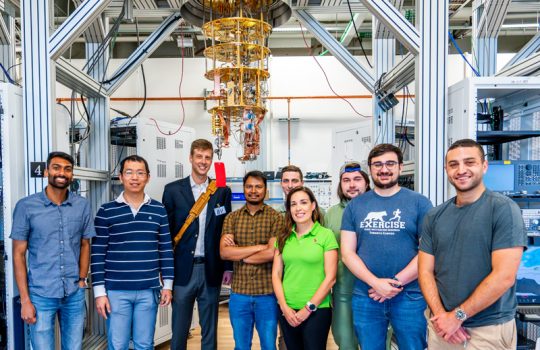Diraq and Fermilab launch five-year quantum sensing collaboration to support dark matter search
Quantum Computing Report, March 25, 2025
Fermilab and Diraq announced a multi-institution collaboration to develop a novel quantum sensor platform for high-energy physics named Quandarum.



